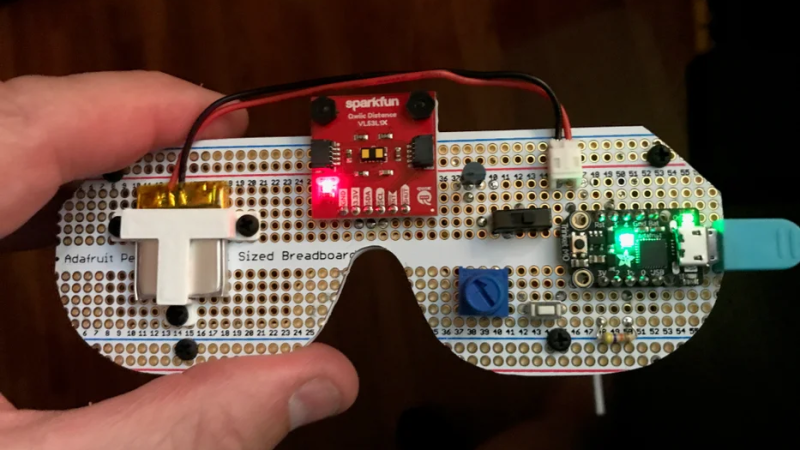Life Without Limits: A Blind Maker’s Take on 3D Printing

In the world of creation, few stories inspire as much as [Mrblindguardian], a 33-year-old who has been blind since the age of two, but refuses to let that hold him …read more Continue reading Life Without Limits: A Blind Maker’s Take on 3D Printing
